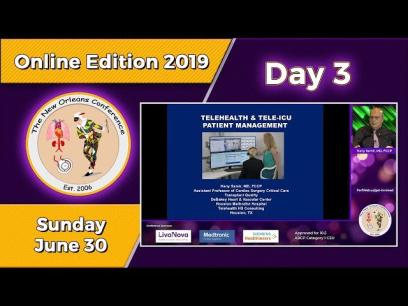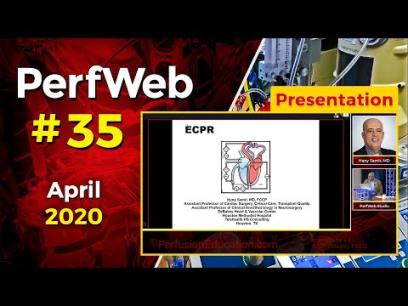
Dr. Hany Samir is the founder and CEO of HS Consulting for Telehealth, Assistant Professor of Cardiovascular Anesthesiology and Critical Care with Weill Cornell Medical College at the DeBakey Heart and Vascular Center at Houston Methodist Hospital. He is an established and highly skilled physician with over 33 years of experience in Critical/Intensive Care, Cardiovascular Medicine, Anesthesiology, Emergency Medicine, and Peri-operative Surgery including transplant. He is well regarded in the Houston, TX community, earning numerous accolades for his commitment to quality and patient centered care. Dr. Samir is licensed in 5 states and is double board certified in Critical Care Medicine and Anesthesiology. He is an esteemed fellow of the Cardiac Renal Society and the American College of Chest Physicians. He is also active in the Extracorporeal Life Support Organization, Texas Society of Anesthesiology, Society of Critical Care Medicine, and the Society of Cardiovascular Anesthesiologists. Dr. Samir has published in the areas of mechanical circulatory support in severe shock patients, ECMO, severe sepsis, peri-operative LVAD management as destination therapy and bridge to transplant, post-operative bleeding management, acute hypertensive management in post-operative aortic arch repair, and rapid reversal of anticoagulation in post-surgical complications. Dr. Samir is an expert in critical care as well as peri-operative management and has been one of the first in the country to adopt and apply his expertise into telemedicine. He has created a national reputation for quality and is highly respected as an expert consultant regarding how to implement critical care with telehealth technology. This new and growing technology can be implemented into health care systems to provide and improve quality of care without compromising outcomes. The future of medicine will be in digital platforms with medical innovations and Dr. Samir has become an expert on how to incorporate these new technologies into medical facilities who want to transform their types of services to align with the future of health care.














